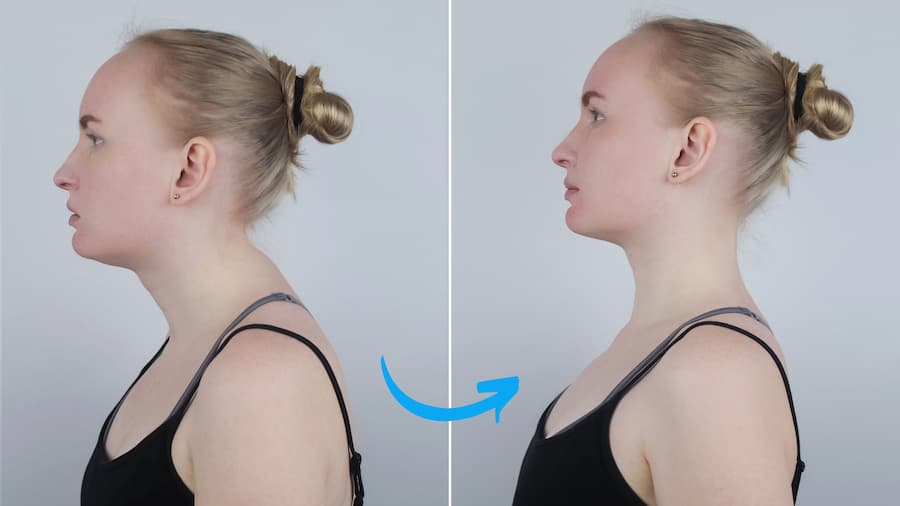The Impact of Stress on Neck Discomfort: Techniques for Reducing Stress and Discomfort
In today's fast-paced world, it's no key that tension has come to be a widespread factor in the beginning and exacerbation of neck discomfort. Join us on a journey to unwind the influence of stress on neck pain and find efficient means to reduce pain and improve total high quality of life.
Recognizing Stress-Related Neck Pain
Neck discomfort is a common grievance that can frequently be credited to tension. Stress-related neck discomfort can show up as stress, rigidity, or discomfort in the neck and shoulder area. The link in between anxiety and neck pain lies in the body's physical action to stress and anxiety, which can result in muscle stress and rigidity in the neck muscles. Persistent anxiety can bring about consistent neck discomfort and intensify present conditions like cervical spondylosis or muscle stress.

Identifying Common Tension Locations
One typical stress location is the neck, where stress commonly shows up physically. Stress frustrations, tight neck muscular tissues, and limited variety of activity are usual signs and symptoms of stress-related neck stress. Being conscious of these usual stress locations can assist individuals recognize the physical indications of tension and take steps to address them before they escalate into chronic discomfort or pain.
Applying Relaxation Techniques
Leisure strategies are important devices for lowering neck pain triggered by stress and anxiety. Furthermore, tasks like yoga exercise and tai chi include both physical motion and leisure, making them reliable practices for minimizing stress and anxiety and neck pain. By integrating these relaxation techniques right into your day-to-day regimen, you can help manage anxiety degrees, lower tension in the neck, and minimize pain linked with stress-induced neck discomfort.
Including Self-Care Practices
Incorporating self-care see here now practices is necessary for keeping overall well-being and managing stress-related neck pain successfully. Involving in normal exercise, such as mild extending workouts or yoga exercise, can assist ease stress in the neck and shoulders. Exercising excellent stance throughout the day and taking constant breaks from long term resting or display time can likewise protect against pressure on the neck muscular tissues.
In addition, focusing on ample rest and developing a consistent rest regimen can add significantly to reducing tension levels and advertising relaxation. Producing a soothing bedtime routine, such as reviewing a publication or taking a cozy bathroom, can assist prepare the mind and body for peaceful sleep. Additionally, maintaining a well balanced diet regimen abundant in nutrients and remaining moisturized can support general health and wellness and lower inflammation that may aggravate neck pain.
Including mindfulness techniques, such as deep breathing exercises or reflection, can help take care of stress and anxiety and promote leisure. Taking some time for oneself, participating in leisure activities, and setting borders to secure personal time are additionally essential facets of self-care that can add to reducing stress and anxiety and relieving neck discomfort.
Looking For Expert Help
Exactly how can individuals properly deal with relentless neck pain that is impacting their life and well-being? Looking for professional aid can be an important action in handling and minimizing neck discomfort. Consulting with health care professionals such as chiropractic practitioners, physiotherapists, or orthopedic experts can offer beneficial insights and personalized therapy plans. These specialists can conduct comprehensive analyses to diagnose the underlying reasons for neck discomfort and recommend suitable interventions.
Chiropractics physician specialize check over here in spinal control strategies to improve alignment and lower stress in the neck area. Physical specialists supply targeted stretches and exercises to enhance muscular tissues, improve versatility, and boost total neck function. Orthopedic specialists can provide sophisticated medical treatments such as shots or surgical options for serious instances of neck pain.
Verdict

Stress-related neck discomfort can manifest as tension, rigidity, or discomfort in the neck and shoulder location. The connection in between stress and neck pain lies in the body's physiological action to anxiety, which can result in muscular tissue stress and tightness in the neck muscles. Stress frustrations, tight neck muscular tissues, and limited variety of movement are typical signs of stress-related neck tension. By incorporating these relaxation strategies right into your everyday routine, you can help manage stress and anxiety my latest blog post degrees, lower stress in the neck, and relieve pain connected with stress-induced neck pain.
